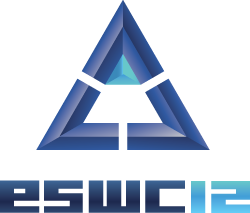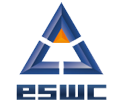Tutorials
Accepted tutorials at ESWC 2012
Creating Knowledge out of Interlinked Data: The LOD2 Tool Stack
The Web of Data for E-Commerce in Brief
A Hands-on Introduction to the GoodRelations Ontology, Schema.org, RDFa and Microdata Authoring, Google Rich Snippets for Products, Yahoo, Bing, and Linked Open Commerce.
The GoodRelations ontology (http://purl.org/goodrelations/) is one huge success story of applying Semantic Web technology to business challenges. In this tutorial, we will (1) give a comprehensive overview and hands-on training on the conceptual structures of the GoodRelations ontology including patterns for ownership and demand, (2) present the full tool chain for producing and consuming GoodRelations-related data, (3) explain the long-term vision of linked open commerce, (4) describe the main challenges for future research in the field, and (5) discuss advanced topics, like access control, identity and authentication (e.g. with WebID); micropayment services (like Payswarm), and data management issues from the publisher and consumer perspective.
Data models, Query Languages, Implemented Systems and Applications of Linked Geospatial Data
Accessing the Semantic Web via Statistical Machine Learning
Adaptive Semantic Data Management Techniques for Federations of Endpoints
The Web of Things















